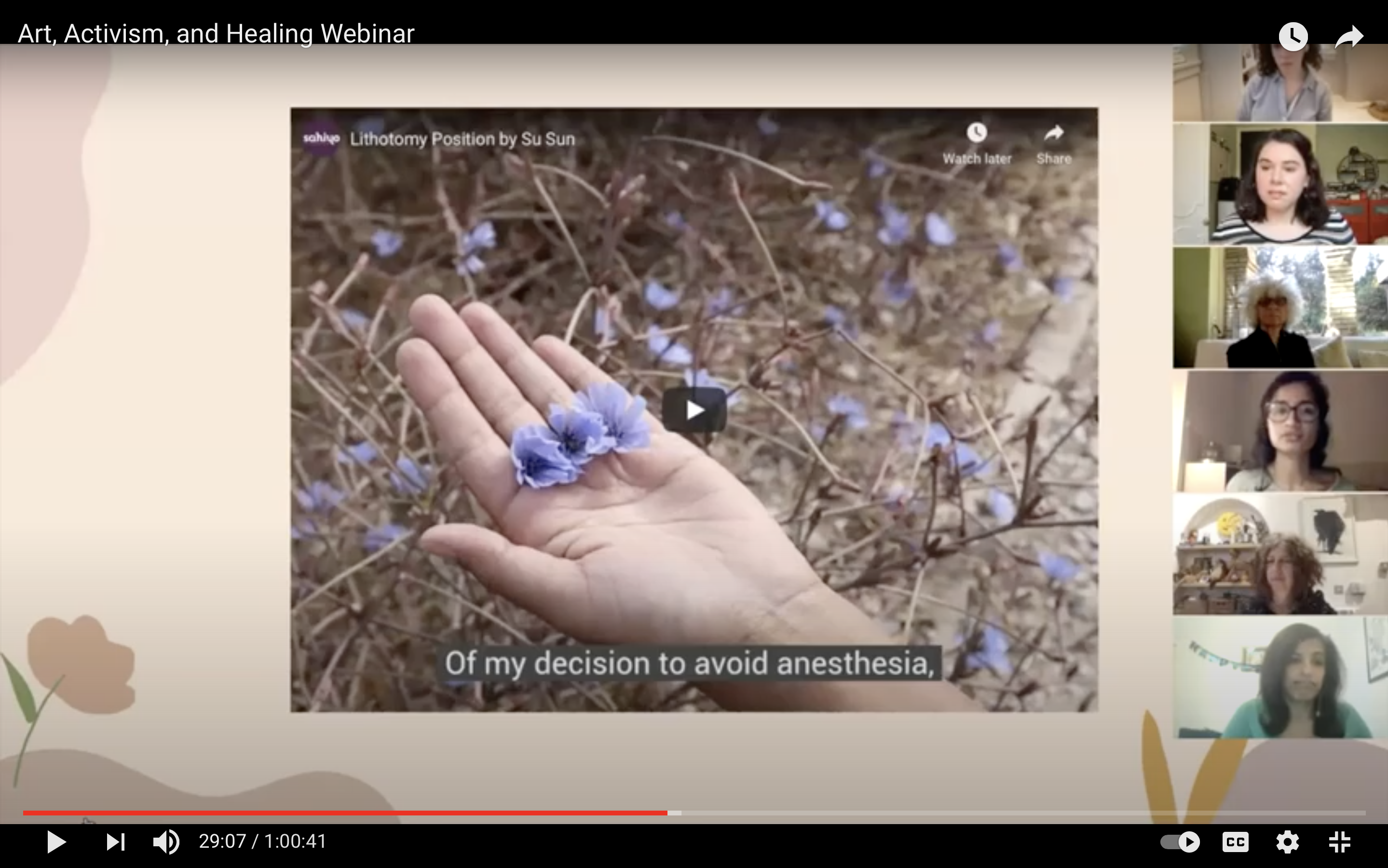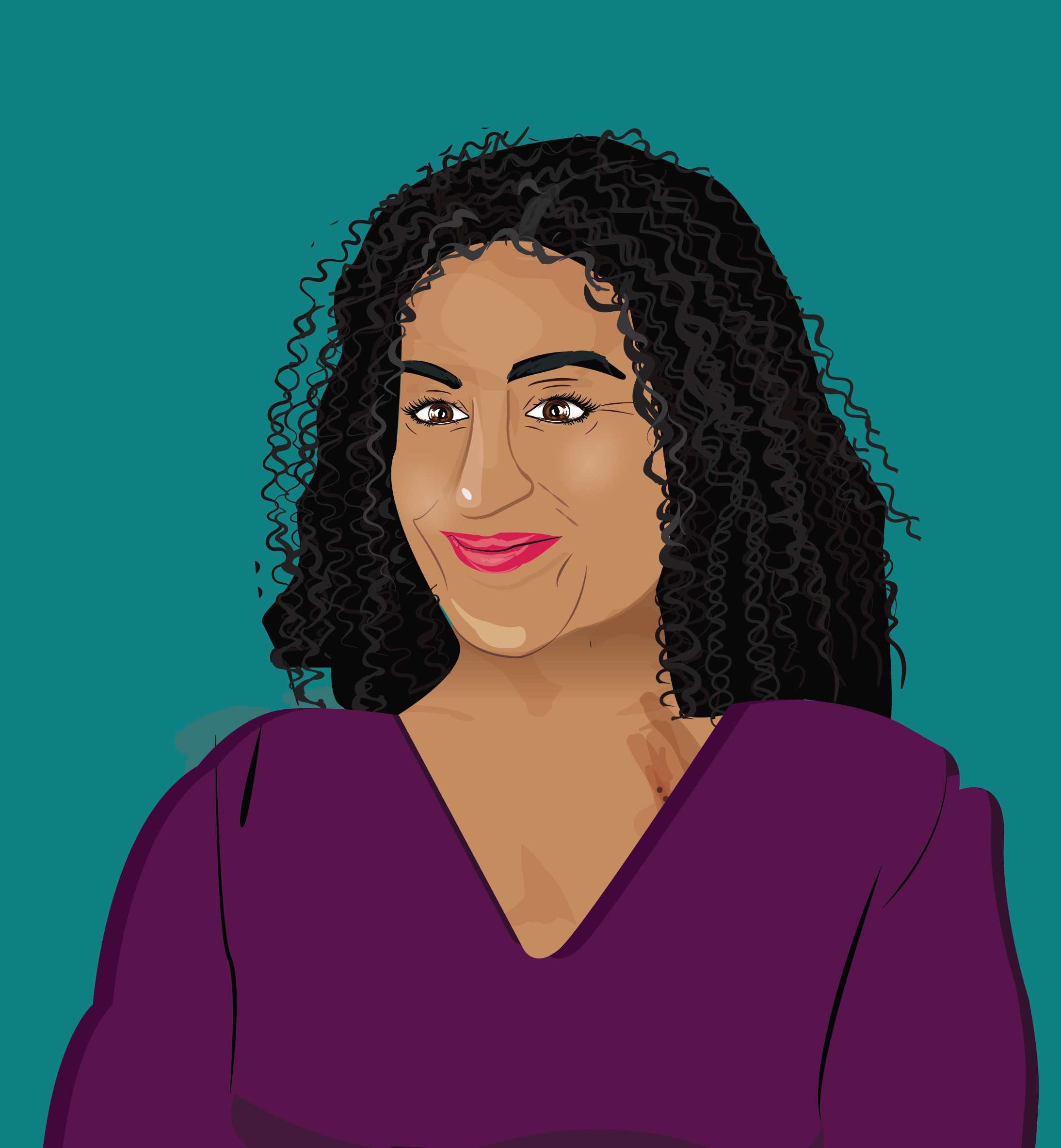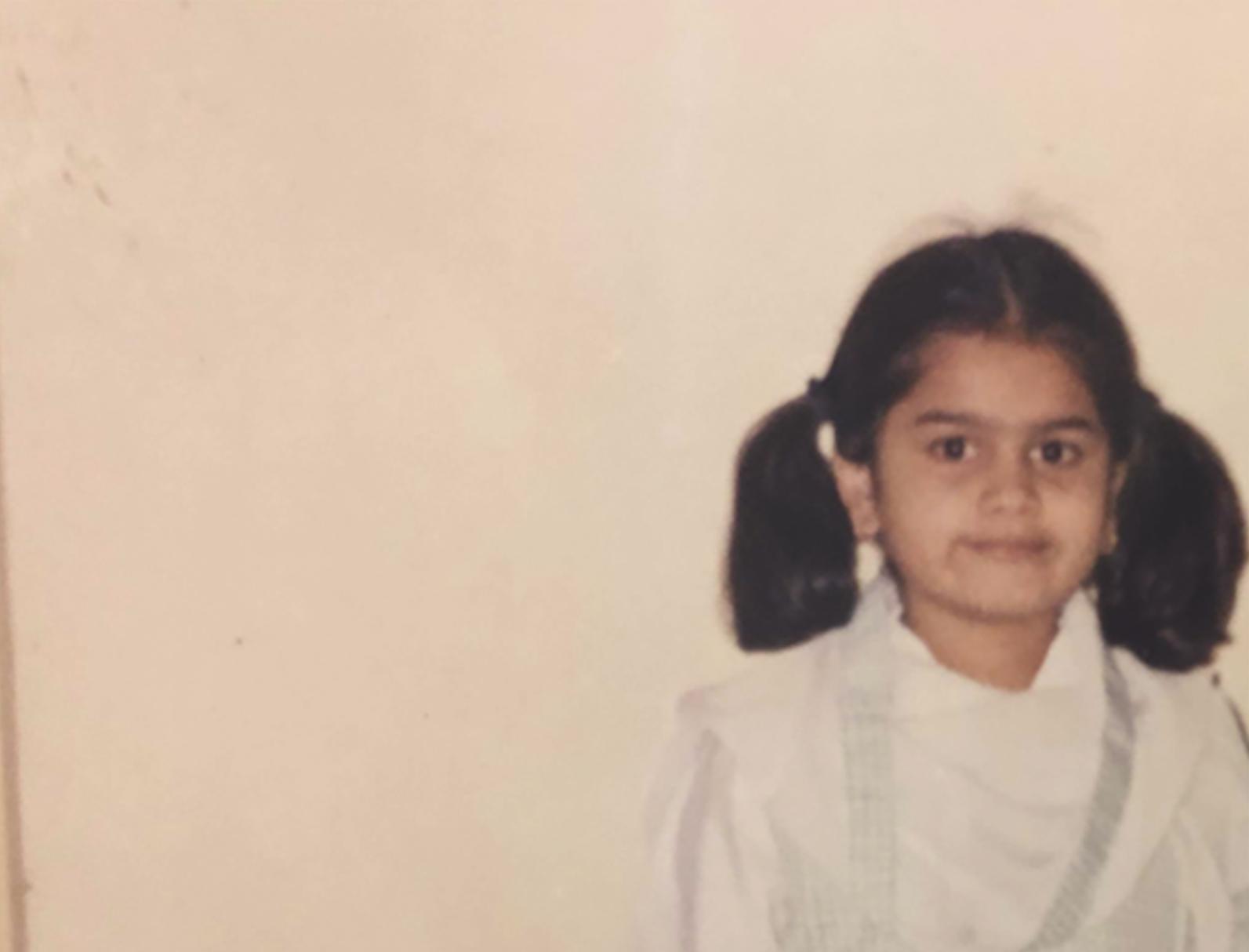Last fall Sahiyo partnered with three award-winning and talented speakers Farzana Doctor, Sarian Karim-Kamara, and Joanna Vergoth to host Moving Towards Sexual Pleasure and Emotional Healing After Female Genital Cutting (FGC). During this webinar, we had the opportunity to hear from these speakers about the mental and emotional consequences of female genital cutting (FGC), how FGC can impact sexuality, and how survivors may be working toward healing. Our guests had a lot of questions for our speakers, some of which we were not able to answer during the webinar. Nevertheless, we felt these questions and their answers were important to share.
Below you will find the answers licensed psychotherapist Joanna Vergoth graciously answered for our guests. If your question is not addressed below, you may find it answered later in the recorded portions provided by Sarian Karim-Kamara on the Sahiyo YouTube page or on the Dear Maasi page.
Joanna Vergoth’s responses to participants’ questions:
- Do you have any strategies for breaking the taboo around FGM/C and how community-based organizations can work directly with community members to end the practice in the U.S.?
Silence regarding FGM/C perpetuates the practice so it is important to find a way to broach the subject sensitively in order to encourage conversation. And, when working with community members, it is advisable to identify and recruit folks who support the abandonment of this practice in order to create dialogues that can help persuade proponents of the practice to reconsider their position. Also, sponsoring a community event that focuses on women’s health and well-being can provide an opening for discussion. In addition, showing a film about FGM/C, such as “Desert Flower,” or “The Cruel Cut,” can also open hearts and minds.
- Is part of the healing process ever confronting the person who betrayed you?
Betrayal trauma occurs when the people a person depends on for survival significantly violate that person’s trust or well-being. It is understandable, then, that being cut by a trusted family member can have lifelong consequences with powerful emotions that can be difficult to process.
Confronting the person who betrayed you can provide psychologically healing relief if your feelings are acknowledged and respected and if the ensuing conversation supports an honest discussion. However, every situation is unique and not everyone will feel the need or desire for confrontation. One can heal without confrontation. It all depends on the individual survivor and her particular circumstances.
- I hope you can answer this question, please. Is it normal to not feel any impact by FGM? I am Iraqi and had FGM when I was around 7. I have no memories of this. I don’t have problems climaxing, and I am worried I may be blocking all of this out but I have no recollection of this at all.
Although post-traumatic stress symptoms can remain in remission for years, I don’t think you should think you have a problem because you can’t remember undergoing FGM. There are many women who do not remember their FGM/C [experience]. And, FGM/C is not necessarily an impediment to sexual function. In fact, many women report that they have no difficulties experiencing orgasm.
- How do you offer community support to white women who have survived FGC from surviving cults, since their experience is different from women of color who may have community/cultural support?
Unfortunately, I do not know of any community support for Caucasian FGC survivors who have also survived cults. Here is the first link and the second link of resources for cult survivors. Hopefully, these women may be able to find support and other FGC affected survivors.
- Any experience with sexuality after clitoral restoration?
The procedure, often called clitoral reconstruction or restoration, is viewed with caution by some medical experts. The World Health Organization says that while there are some promising reports that the operation may relieve pain, there is not yet enough evidence of safety and effectiveness. The organization advises against raising unrealistic expectations, especially for women seeking sexual improvement. However, that being said, a recent systematic review evaluated the effects of reconstructive surgery. The results indicate that about three women out of four regain a visible clitoris. Self-reported improvements in pain during sex, clitoral function/pleasure, orgasm, and desire are in the 43– 63% range; but up to 22% reported a worsening in sexual outcomes. It is important to remember that female sexuality is a complex integration of biological, physiological, psychological, sociocultural, and interpersonal factors that contribute to a combined experience of physical, emotional, and relational satisfaction. And within this combination of factors, every woman is uniquely different.
Hear about one FGM/C survivor’s successful experience of her clitoral restoration surgery.






